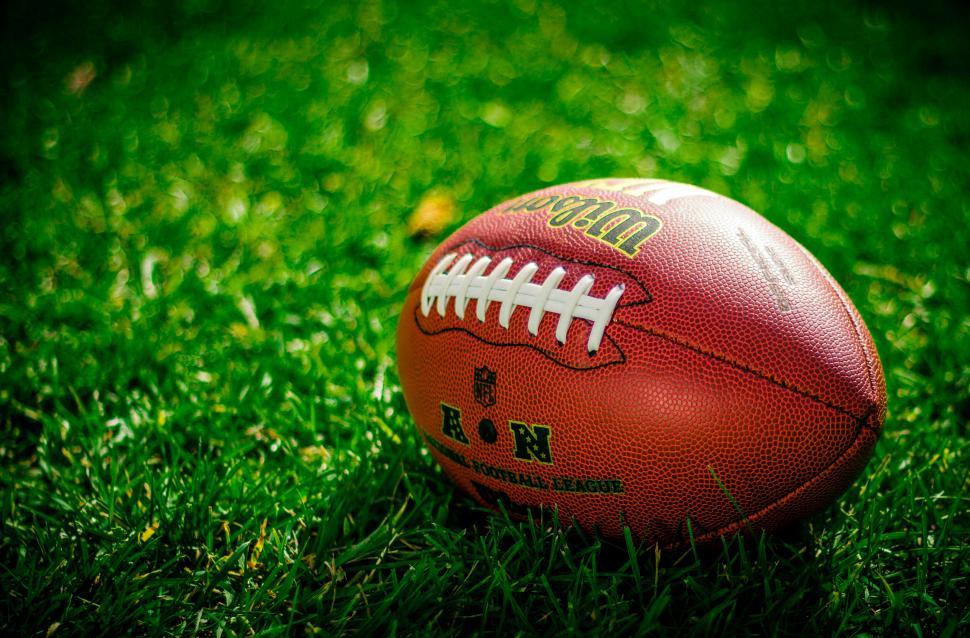

The University of Kansas is in the middle of the biggest athletic facilities project it has ever attempted. The Gateway District is a bold, two-phase effort to completely reimagine David Booth Kansas Memorial Stadium and turn the surrounding area into a hub of energy that hums all year long. Sports, community, and campus life, all woven together in one massive project. The total cost sits at $810 million. The ambition behind it is to give KU football a true big-time stage and imagine the successes that its basketball program has seen since its inception.
Watch What’s Trending Now!
At the heart of this project is David Booth. If you follow KU sports, you know the name because it’s already on the stadium. Booth is a KU graduate from Lawrence who went on to build Dimensional Fund Advisors into a global investment giant. And now Pete Thamel just revealed that “Kansas has received an unprecedented $300 million gift from donor David Booth, believed to be among the largest single gifts in the history of college athletics, KU officials tell @max_olson and me.”
This donation is believed to be one of the largest in college athletics history and the biggest in Kansas history. His connection to the project is deeply personal. He told ESPN, “One of life’s greatest privileges is being able to give back to the people and places that gave so much to you,” Booth said. “This is really about the future we are building.” For him, this is as much about honoring where he came from as it is about shaping what KU can become.
ADVERTISEMENT
NEWS: Kansas has received an unprecedented $300 million gift from donor David Booth, believed to be among the largest single gifts in the history of college athletics, KU officials tell @max_olson and me. pic.twitter.com/L9SQAxsWtr
— Pete Thamel (@PeteThamel) August 13, 2025
The construction started in late 2023 and will keep rolling until 2025. Phase 1, with its $450 million budget, tackled the southwest, west, and north sides of the stadium. Those areas were gutted and rebuilt with more comfortable seating, better sightlines, expanded restrooms, and upgraded concessions. The Anderson Family Football Complex also got a major refresh with bigger, brighter weight rooms, advanced sports medicine areas, and renovated team meeting spaces.
Phase 2, which comes in at 360 million dollars, will finish the job. That means renovating the east side of the stadium and building an entirely new mixed-use development right next to it. Picture a hotel overlooking the field, a plaza for festivals and concerts, restaurants, shops, and plenty of parking. The Gateway District will make that part of campus feel alive year-round, not just on game days. The Lawrence City Commission has even signed off on $94 million in tax incentives to help make it a reality. Of Booth’s $300 million gift, $75 million will go directly toward Phase 2’s construction, with the rest invested to create steady annual revenue for KU athletics, a long-term funding pipeline that will keep the program competitive for years to come.
ADVERTISEMENT
However, the Jayhawks faithful wouldn’t have to wait for Phase 2 to be over before getting a look at the new stadium. Kansas will play its season opener against Fresno State in the revamped Memorial Stadium. Lance Leipold’s team already got a chance to practice at the new facility, and the head coach was happy with what he saw.
“To be in there and get a feel for it has been great. Some of our coaches want to just practice in there every day, but right now we don’t have that luxury yet as things are still being worked on. I’m looking forward to getting there in about a week where we can get the scoreboard on, get the play clocks on and get used to some other things. We’ve got a few other dry run things we want to do, but it’s really nice. The more you start to see things, it was done in a first class way,” Leipold said.
ADVERTISEMENT
Last season, the Jayhawks had to “borrow” home fields in Kansas City, including Arrowhead Stadium, to allow construction to continue back in Lawrence. That Week 0 game in 2025 will be more than a home opener; it will be a homecoming, a celebration, and the first real glimpse of a new era for KU football.
A vision that extends past football
Booth’s outlook on the Gateway District is not about winning games. For him, the investment is about cementing the university’s role as a source of community pride and connection. “Football isn’t only for those who went to KU,” he explained. “Local people, people who just like KU, this is a way for them to access and connect with the university.” That connection runs deeply personal for Booth. His parents’ move to Lawrence opened the door for him to attend KU, a moment he calls life-changing. “I was so proud to go there. That has enabled me to live life the way I want to live it.”
ADVERTISEMENT
He has been struck by the wave of support the project has generated. “The number of people that have jumped on board since the project started, everybody realizes this is a unique point in time,” Booth said.
ADVERTISEMENT
ADVERTISEMENT
ADVERTISEMENT

